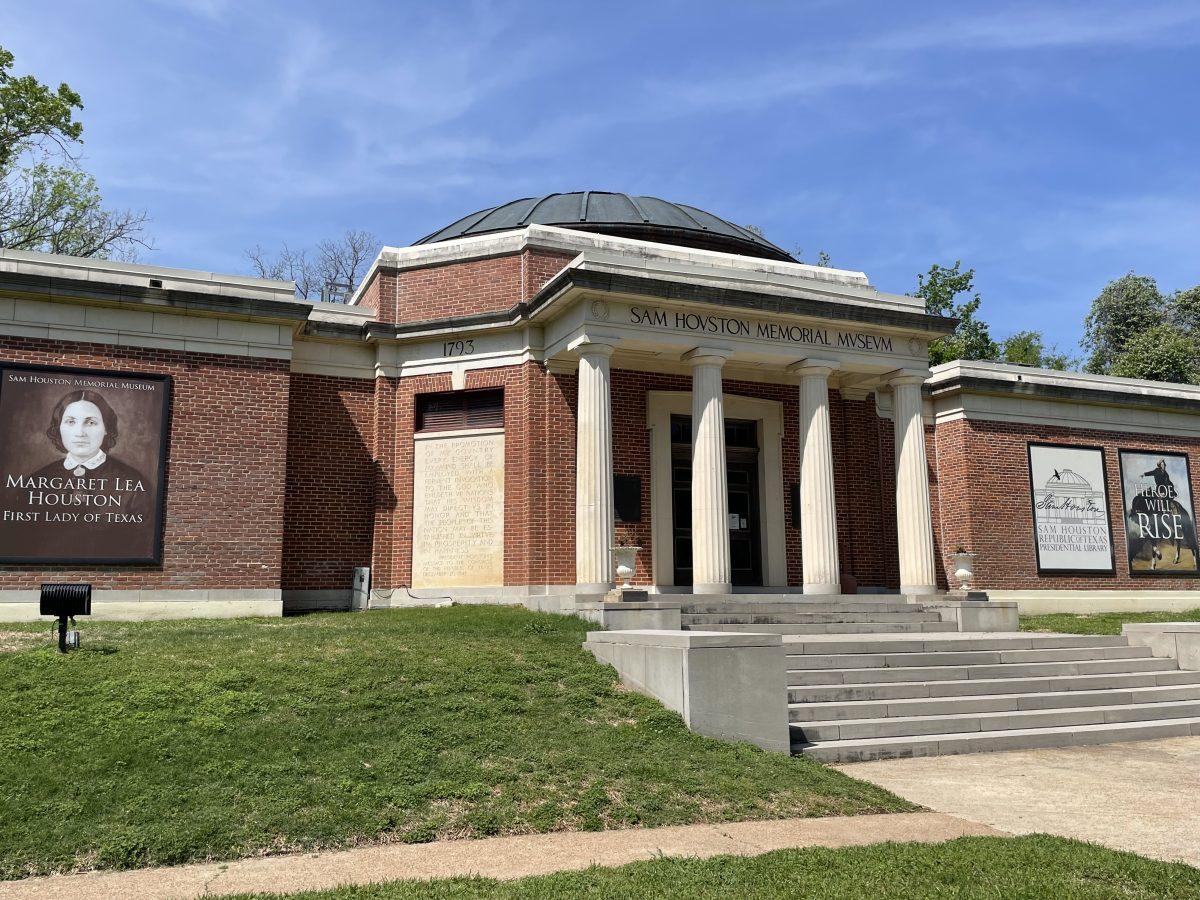Choosing what one wants to do for the rest of his life is one of the most difficult decisions he will ever make. Expecting that life-altering decision to be made by someone barely on the cusp of adulthood only makes the prospect that much more daunting. Especially in today’s ever-changing world of technology, one must keep up in order to succeed.
Technology is expanding at an exponential rate. In the last 20 years alone, music has flowed from audio cassette tapes to CD’s to iPods to any and every media platform on the market. That does not even include the radical changes to movie platforms, cell phones or computers.
Dr. Chris White, associate professor of Mass Communication and former chair of what is now the Mass Communication department, has experienced the challenges of both selecting a career field and keeping up with technological advancements.
In 1972, White received a Bachelor’s in English at Lake Forest College in Boston, Mass., but he did not partake in that field immediately. He first experimented in various fields. This included employment as a waiter and a landscaper, working in a daycare center and acting as a hiring interviewer in the city’s Human Resources department. But it was actually a vacation that led him to a job teaching in Mass Communication.
“A good friend of mine moved to Austin, Texas with his girlfriend, and [the girlfriend] entered the University of Texas Radio, Television and Film program,” White said. “I came down to visit them… and she introduced me to the program and convinced me that that would be a good way to advance in my professional life.”
He pursued a master’s and a Ph.D. in that program, yet he continued to dabble. After working for a year at a research company and spending another year painting houses, he finally came to work part-time at Sam Houston State University in 1990. It wasn’t long after that he decided he’d found his niche and stayed to teach full-time.
The job he had accepted was within the Radio-TV-Film department, which became the Radio-Television department and later the Mass Communication department. The changes to its name unveil merely a fraction of the field’s evolution, part of which White had a hand in designing.
“As a chair or interim chair, I had to oversee faculty and students…help develop curriculum… hire new teachers and faculty… meet regularly with deans and other chairs, and help [design and run] the department, and, in general, just keep things…going and growing,” White said.
Bequeathing his administrative mantle to Dr. Jean Bodon did not hinder this growth, but the transition did allow for greater focus on White’s classes and research. His studies include mass communication, media technology and media critical studies, all of which morph and expand constantly.
“I think the… adoption of new communication technologies is important because… we help define ourselves and our society, and we have to pay attention to how we do that,” White said.
Since White arrived at SHSU, he has taught one or two classes per day, five days a week, in multiple areas of interest within the realm of mass communications. Currently, he teaches two advanced undergraduate classes in Mass Media Law and Ethics, which is a survey course that covers the history and theory of communication. It also delves into the legal restrictions for libel, privacy, obscenity and copyright. Additionally, White hopes that his teachings go beyond the basic facts of the field and encourage students to think for themselves.
“The advice I would give to someone hoping to go into the communications field is this: pay attention and renew your interest on a regular basis because things change so quickly,” White said. “And in the job market, you’re likely to have three or four or five different jobs before you finally hit on one that… fits you.”





